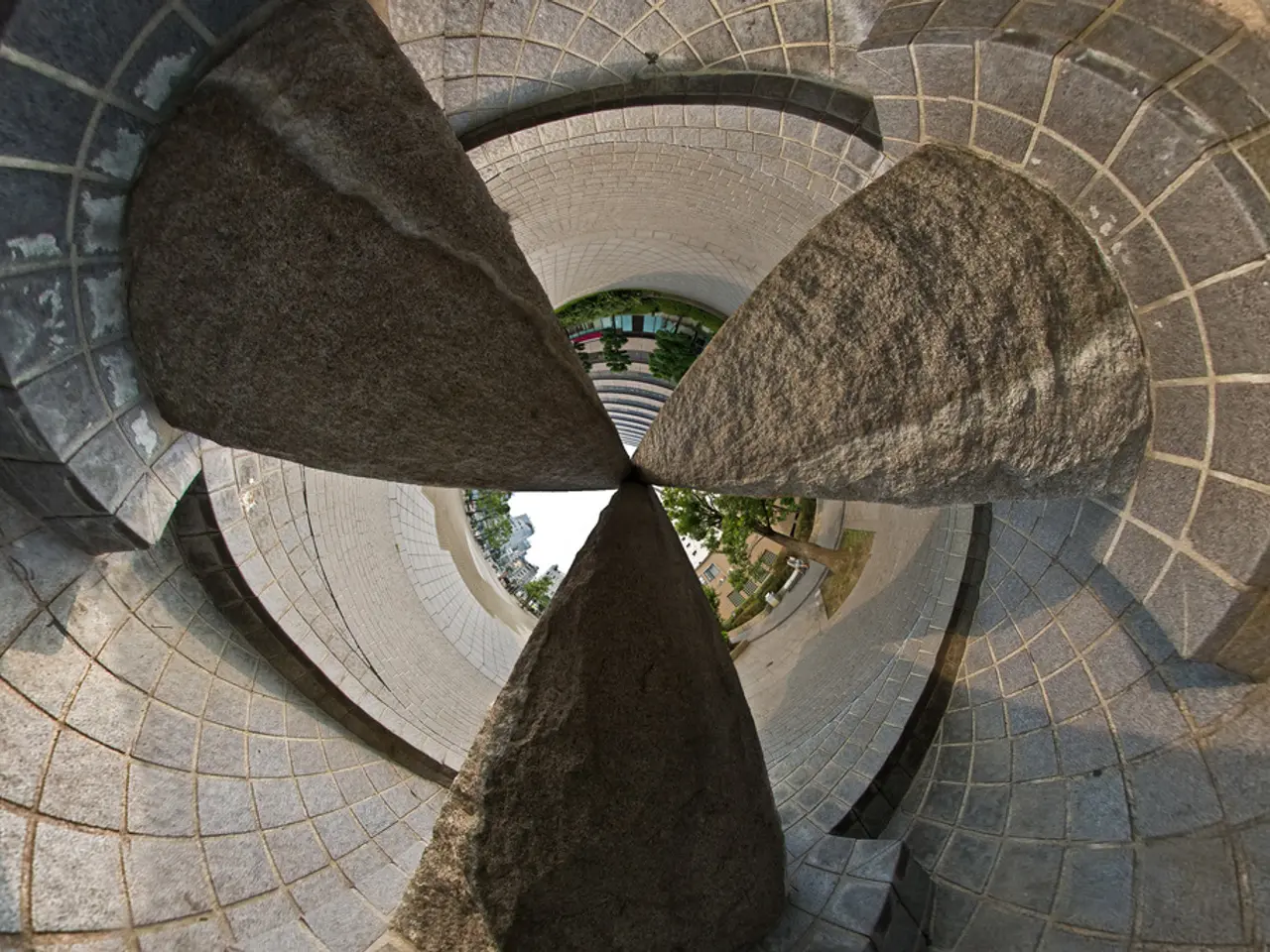French Cinema Renaissance: The Rise of Avant-Garde Film Movement in the 1960s
In the post-World War II period, France witnessed the birth of a groundbreaking film movement known as the French New Wave (Nouvelle Vague). This cinematic revolution, characterised by its experimental approach and rebellious spirit, forever transformed the language of cinema.
The French New Wave was deeply influenced by existentialist philosophy and the disillusionment that followed the war. Its films often explored themes of identity, morality, and alienation, portraying young, disaffected protagonists or antiheroes navigating absurd or indifferent worlds. This philosophical backdrop encouraged narratives that prioritised psychological depth over traditional plot resolution, often using open-ended or subversive storytelling techniques.
One of the key influences on the French New Wave was Italian Neo-Realism. The movement adopted its emphasis on everyday life, use of non-professional actors, and location shooting. However, French New Wave directors adapted these elements to their unique expressive goals, incorporating unconventional narratives, experimental editing, and improvisation.
Many New Wave directors were originally film critics and cinephiles associated with influential film journals like Cahiers du Cinéma. Their deep engagement with cinema history and theory, especially the auteur theory advocated by critics like Alexandre Astruc and André Bazin, emphasised the director as the film's author and creative visionary. This intellectual foundation helped spark the movement’s experimental approach and its challenge to conventional cinematic norms.
The politicization of cinephilic culture in postwar France shaped the movement’s political engagement. Filmmakers like Jean-Luc Godard aligned with leftist politics, integrating Marxist and Maoist ideas into cinema. The broader atmosphere of youth rebellion and questioning of authority is reflected both thematically and stylistically in New Wave films.
Alongside the Cahiers du Cinéma filmmakers, a parallel Left Bank group—including Agnès Varda and Alain Resnais—embraced more experimental and politically engaged filmmaking, often drawing from literature and other art forms. This diversity enriched the movement’s artistic breadth.
The French New Wave redefined filmmaking, transforming it into a more personal, poetic, and political form of expression. It pioneered stylistic innovations such as jump cuts, handheld cameras, natural lighting, and on-location shooting, influencing independent and mainstream cinema worldwide. The movement cemented the idea of the filmmaker as an auteur, deeply imprinting personal vision on films.
French New Wave films often featured location shooting, Parisian streets, cafes, and everyday spaces as their backdrops. Iconic works like Francois Truffaut's "The 400 Blows" (1959) and Jean-Luc Godard's "Breathless" (1960) showcased this approach, with their unconventional cinematography and radical departure from classical storytelling.
The impact of the French New Wave on cinema is immeasurable. Its rebellious spirit and low-budget ingenuity inspired generations of filmmakers globally, including prominent directors like Martin Scorsese and Quentin Tarantino. The movement continues to captivate audiences and inspire filmmakers, reinvigorating cinema with each new generation of cinephiles.
In essence, the French New Wave emerged from a confluence of philosophical ideas, cinematic influences, political contexts, and critical theory, reshaping not just how films were made, but how filmmakers thought about cinema itself. The French New Wave represents a revolution that challenged established norms, encouraged individual artistic expression, and reshaped the language of cinema forever.
- The French New Wave, with its roots in auteur theory and the intellectual engagement of film critics like those associated with Cahiers du Cinéma, significantly influenced the history of cinema, particularly the narrative structures and movements-and-tv of movies.
- During the post-World War II era, the French New Wave (Nouvelle Vague) not only revolutionized the language of cinema but also redefined the entertainment industry by pushing boundaries in cinematic norms and embracing experimental filmmaking techniques.
- French New Wave filmmakers, such as Jean-Luc Godard and Francois Truffaut, were deeply influenced by various aspects of their context, including Italian Neo-Realism, existentialist philosophy, and leftist politics, which can be seen in the thematic explorations and non-traditional narrative structures of their works.







